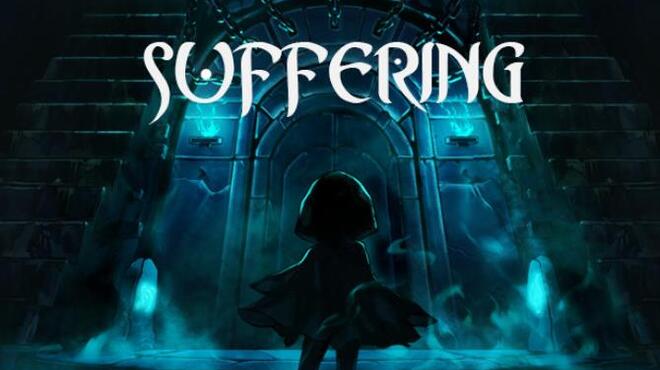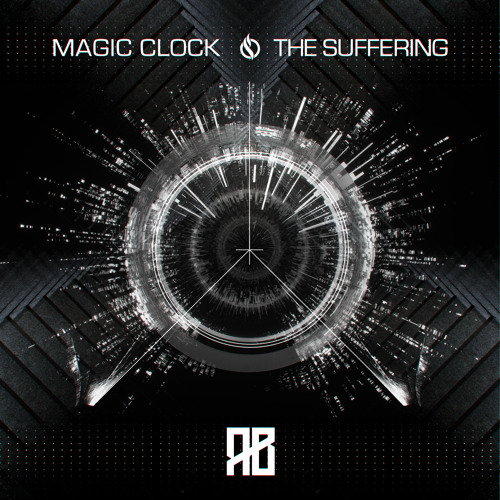
Although it is not necessary for moksha, faith is an extremely useful tool, and can be a shortcut to freedom. It is simply a matter of mental tendencies – some are able to hold faith better than others. Having said this, there is a tendency in those who are not satisfied with the the path of faith to assume that those who believe in God are intellectually inferior. As a result, many people, especially educated youth, turn away from religion, assuming that there is nothing more that it has to offer. While these answers may be satisfying for some, for many, they are not. There are many who have tried (and failed) to answer this question rationally, such as the first cause argument (all effects must have a cause, and so there must have been a first cause), or the argument of perfection (how could nature be so perfect without an architect), and many, many more. For example, asking a Christian “How do you know that God exists” will result in a series of responses which ultimately boil down to “because it says so in the Bible.” It is the same with other Bhakti paths, even in the “Hindu” traditions. Simple questions cannot be answered logically without falling back on texts, or returning to the fact that faith is necessary. It is extremely powerful in its results, and exceedingly simple to follow.įor many, especially in today’s day and age, faith is difficult.

In the West, the Hare Krishna movement is an excellent example of this path. The umbrella of “Hinduism” also has many Bhakti schools such as Shaivism, Vaishnavism, Shaktism, and many others. Christianity, Islam, and Judaism are examples of this path, where God is meant to be loved and followed, and faith is an imperative. Jnana Yoga : The path of knowledge (aka the “direct path”)īhakti means “love” or “devotion.” This is the most common path, and is characterised by devotion and faith to God. Raja Yoga : The path of meditation (aka the “royal Yoga”) Karma Yoga : The path of unselfish action

However, each does serve certain purposes better than others. The four Yogas are not mutually exclusive, but rather complementary to each other.

The word “ Yoga” comes from the root word yuj which can mean to join (as in the English word “yoke”), but can also mean “to contemplate.”

The four Yogas are not limited to the umbrella of Hinduism, but also include paths which may have never intersected with it, as we shall see in the following sections. These are called the four Yogas, and are a framework to better understand the various “spiritual” paths that humanity has devised over the past several millennia. In this week’s article, we will discuss the four paths to Moksha, or freedom from suffering. Moksha : Freedom from the cycle of suffering Welcome back! Last week, we went over the four Purushaarthas, or the four purposes of human life.


 0 kommentar(er)
0 kommentar(er)
